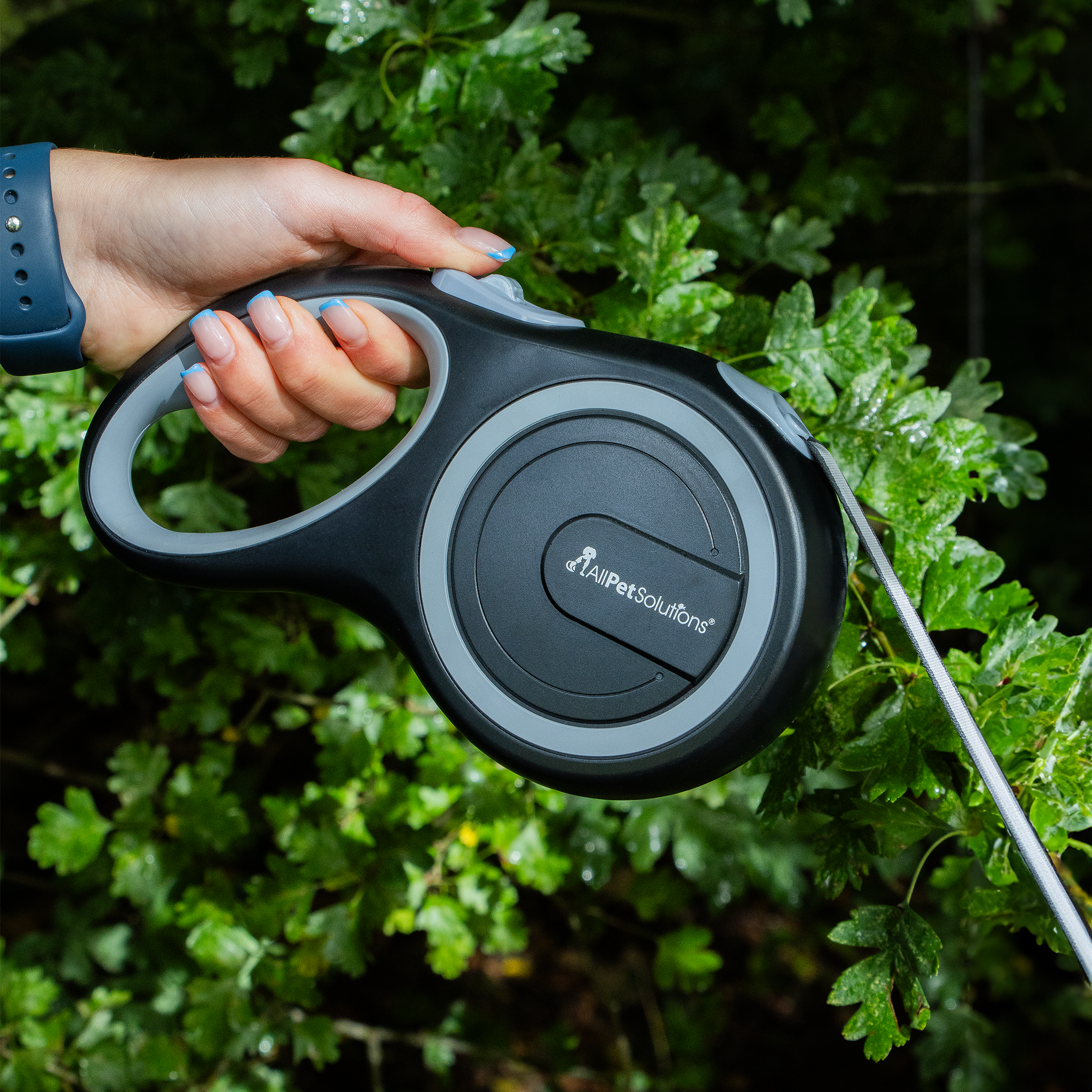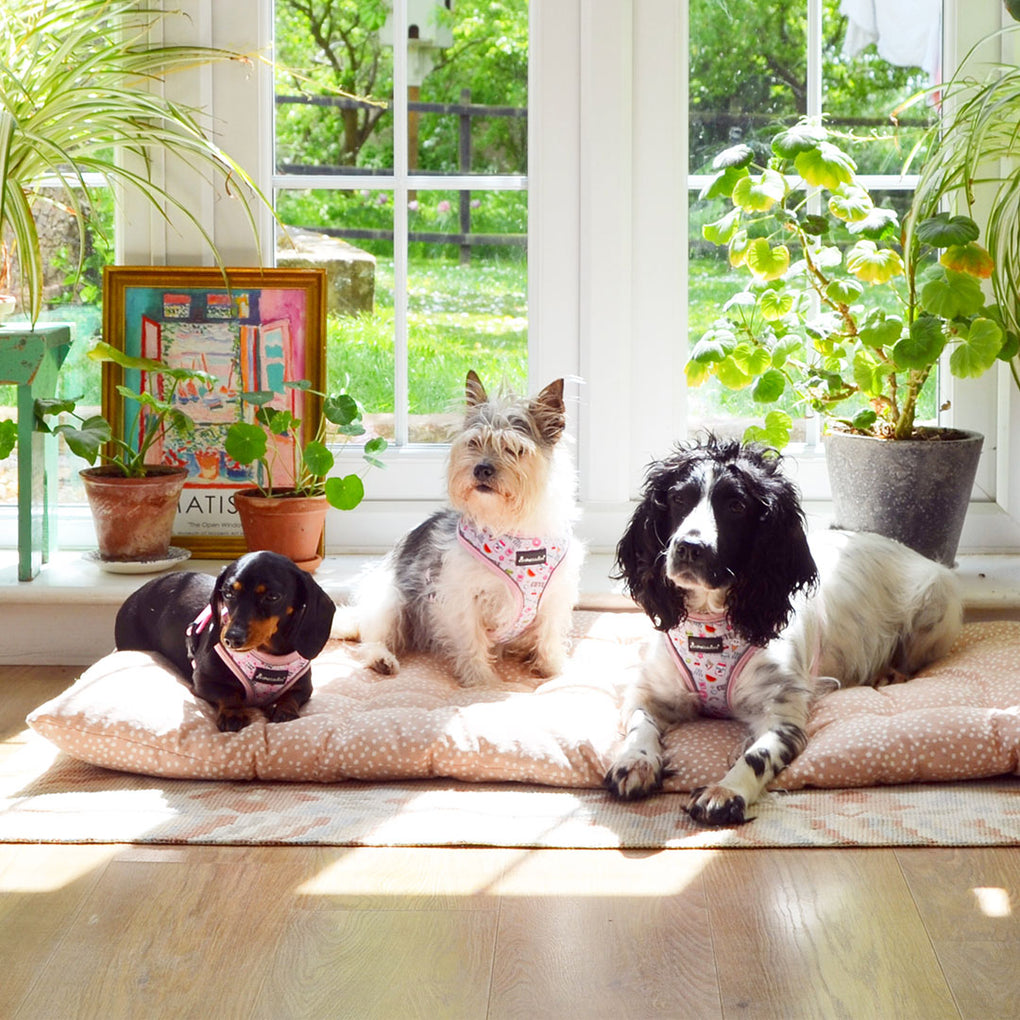Top 10 Ways to Attracting Birds to Your Garden This Winter
Whilst many birds migrate south as the temperatures begin to fall, we mustn’t forget the many species of birds that remain in the UK over the winter months. The shorter days and colder weather also leave our feathered friends with less daylight to find food and needing more energy to keep warm. Check out advice below on how you can attract birds to your garden this season and help them flourish during the frosty weather.
Choose feed that attracts a wide range of birds – Quite simply the wider the selection of feed you offer, the wider the variety of birds that will visit your garden. For example, smaller seeds will suit finches and sparrows, tit varieties like suet and fat balls, and thrushes and robins are fans of worms and fruit like currants, sultanas and raisins. Sunflower seeds and peanuts are also very high in energy and natural fat content, which are extremely beneficial to birds during the colder months.
Checkout your kitchen cupboards – When feeding birds in your garden, don’t overlook items you may already have available in your kitchen:
- uncooked porridge oatmeal is excellent source of nutrition for many birds.
- Whilst birds cannot digest milk, a mild grated hard cheese is safe for birds and particularly popular with robins, song thrushes and wrens.
- Cooked brown or white rice is also beneficial and popular with all species during the winter months.
- Unsalted baked or mashed potatoes with added fats are also filling and nutritious.
- Cut up uneaten apples and pears – very popular with thrushes, tits and starlings.
- Off cuts of cooked / uncooked pastry, especially if made with butter or lard.
- Bin the bread – whilst not harmful to birds, due to its low fat and protein content, it’s effectively an empty filler for birds. If you do decide to leave out bread, try spreading with low salt and sugar peanut butter and roll in seeds and dried fruit to boost its nutritional value further.
It is important to make sure that food doesn’t turn mouldy or stale on your bird table, as the bacteria could cause serious illness for birds. If you notice leftover food on your bird table as evening approaches, clear it away and reduce the amount you leave the following day to decrease and waste.
Keep bird feeders topped up regularly – Keeping an eye on how full your feeder is can be as important as what you put in it. If bird feeders are left empty for too long, birds can begin their search elsewhere and pinpoint other gardens to visit instead.
Invest in a squirrel-proof feeder – squirrels are greedy grazers and will feast on all your feed if they get the chance – using a freestanding bird feeder pole makes it more difficult for them to climb up. However, make sure to keep it a few feet away from nearby trees to avoid squirrels jumping onto it from nearby branches. Having said this, you’ll want to avoid them being too exposed – birds like to have the security of a place to take cover nearby.
Don’t forget to top up the bird bath – as temperatures drop, water may be more difficult for birds to find in the freezing winter months for them to bathe and take a drink. If the water does freeze, you can simply pour on a small amount of cooled boiling water to melt the ice, or float a lightweight ball in the water the keep the water agitated to prevent it freezing all together.
Watch out for salt – Due to its toxicity to birds, it is important to ensure that you don’t put out food containing salt, or use in your bird bath to prevent it from icing over.
Invest in a bird house – not only will these provide a safe, cosy shelter for birds during the chilly winter months, you may be rewarded with some sightings in the early Spring of some chicks!
Don’t put all those fallen leaves and twigs on the bonfire – create a small pile near to your feeder to provide additional shelter. These will also create the perfect foraging ground for robins, sparrows and other ground feeders
Don’t forget to keep it clean – not only is it important to regularly change the water in your bird bath, frequently wiping down your bird table and feeders and removing stale food is essential to prevent the spread of bacteria. Make sure to wear gloves and don’t use your regular kitchen cleaning equipment when cleaning to prevent the spread of germs. Always wash your hands after carrying out any cleaning or feeding the birds.

